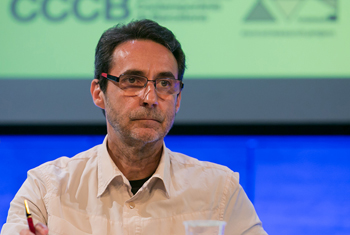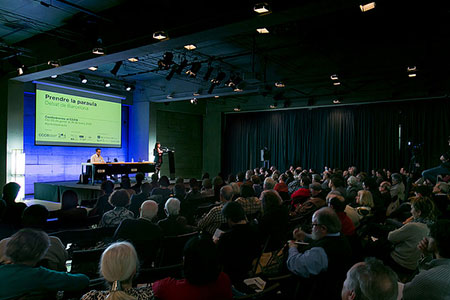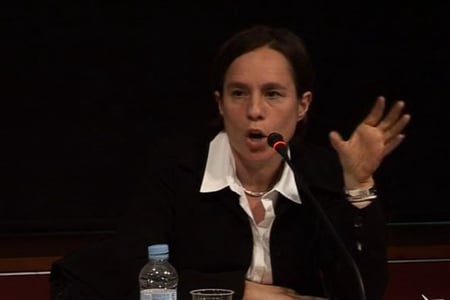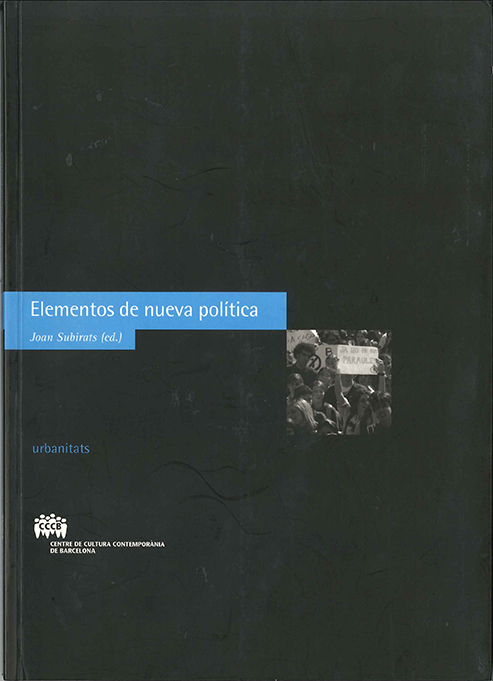Ferran Requejo
Ferran Requejo (Barcelona, 1951) is Professor of Political Science at the Pompeu Fabra University, where he is head of the Political Theory Research Group and the Political Science Research Group, and also director of the Nationalism, Federalism and Multiculturalism master’s degree course, and of the master’s degree in Political Philosophy. He has been opening up lines of research in the fields of theories of democracy, federalism, multinational democracies, political theory and political liberalism after the Second World War. He has been a member of the Central Electoral Board (2004 – 2008), of the executive committee of the European Consortium of Political Research, and of the Comparative Federalism Research Committee (International Political Science Association). At present he is a member of the Advisory Board for National Transition. Notable among his recent books are Politics of Religion and Nationalism. Federalism, Consociationalism and Secession, Routledge 2014; Democracy, Law and Religious Pluralism in Europe, Routledge 2014; Federalism, Plurinationality and Democratic Constitutionalism, Routledge 2012; Federalisme i Plurinacionalitat. Teoria i anàlisi de casos (Federalism and Plurinationalism: Theory and Analysis of Cases – with Miquel Caminal, Institut d’Estudis Autonòmics, Barcelona, 2010); Camins de democràcia. De l’autonomia a la independència (Paths of Democracy: From Autonomy to Independence, L’Avenç, Barcelona, 2010); and Desigualtats en democràcia. Les teories de la justícia socioeconòmica al segle xxi (Inequalities in Democracy: Theories of Socioeconomic Justice in the 21st Century – with E. Gonzalo, Eumo, Barcelona, 2009). He has been awarded several prizes for his research work and writes regularly for the newspapers La Vanguardia and Ara, as well as for other publications in Catalonia, Spain and in the international domain.
Update: 8 January 2015



